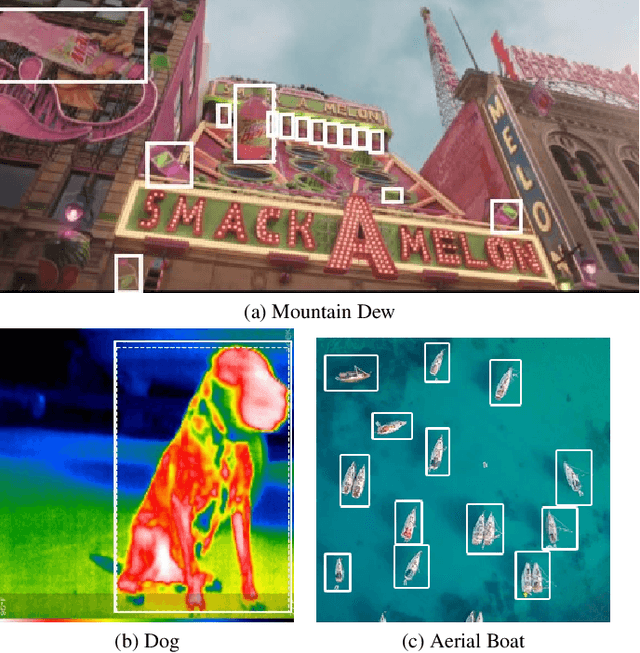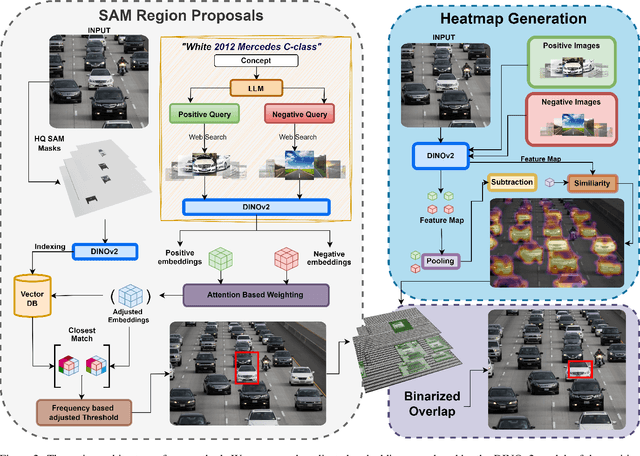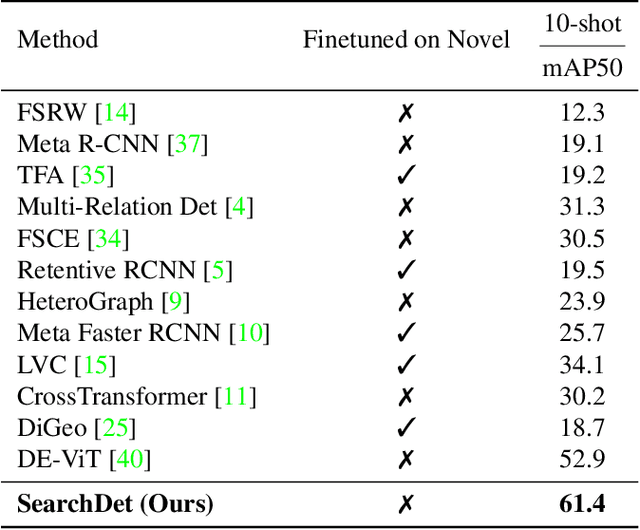Hetarth Chopra
LEWIS (LayEr WIse Sparsity) -- A Training Free Guided Model Merging Approach
Mar 05, 2025



Abstract:As specialized large language models (LLMs) become increasingly prevalent, model merging methods are being used to combine them to create a single multi-task model without requiring any additional data or training. However, these approaches fall short when the objective of merging is to increase the downstream model's performance on a particular task-specific benchmark. In this work, we propose LEWIS (Layer Wise Sparsity), a guided model-merging framework that uses activation-based layer importance to dynamically adjust layer-wise task-vector sparsity required for the merge process. LEWIS uses a calibration dataset to prioritize critical layers during the task-vector pruning process required for model merging. This approach guides existing merging methods by preserving essential layer-wise task-specific knowledge while ensuring the merged model performs the best at benchmarks resembling the calibration dataset. Our experiments demonstrate the effectiveness of LEWIS with performance improvements of code instruction-following and math-solving models created through model merging up to 4 percent and 11.3 percent, respectively, outperforming unguided data-less model merging approaches that use uniform-sparsity.
Search and Detect: Training-Free Long Tail Object Detection via Web-Image Retrieval
Sep 26, 2024



Abstract:In this paper, we introduce SearchDet, a training-free long-tail object detection framework that significantly enhances open-vocabulary object detection performance. SearchDet retrieves a set of positive and negative images of an object to ground, embeds these images, and computes an input image-weighted query which is used to detect the desired concept in the image. Our proposed method is simple and training-free, yet achieves over 48.7% mAP improvement on ODinW and 59.1% mAP improvement on LVIS compared to state-of-the-art models such as GroundingDINO. We further show that our approach of basing object detection on a set of Web-retrieved exemplars is stable with respect to variations in the exemplars, suggesting a path towards eliminating costly data annotation and training procedures.
 Add to Chrome
Add to Chrome Add to Firefox
Add to Firefox Add to Edge
Add to Edge